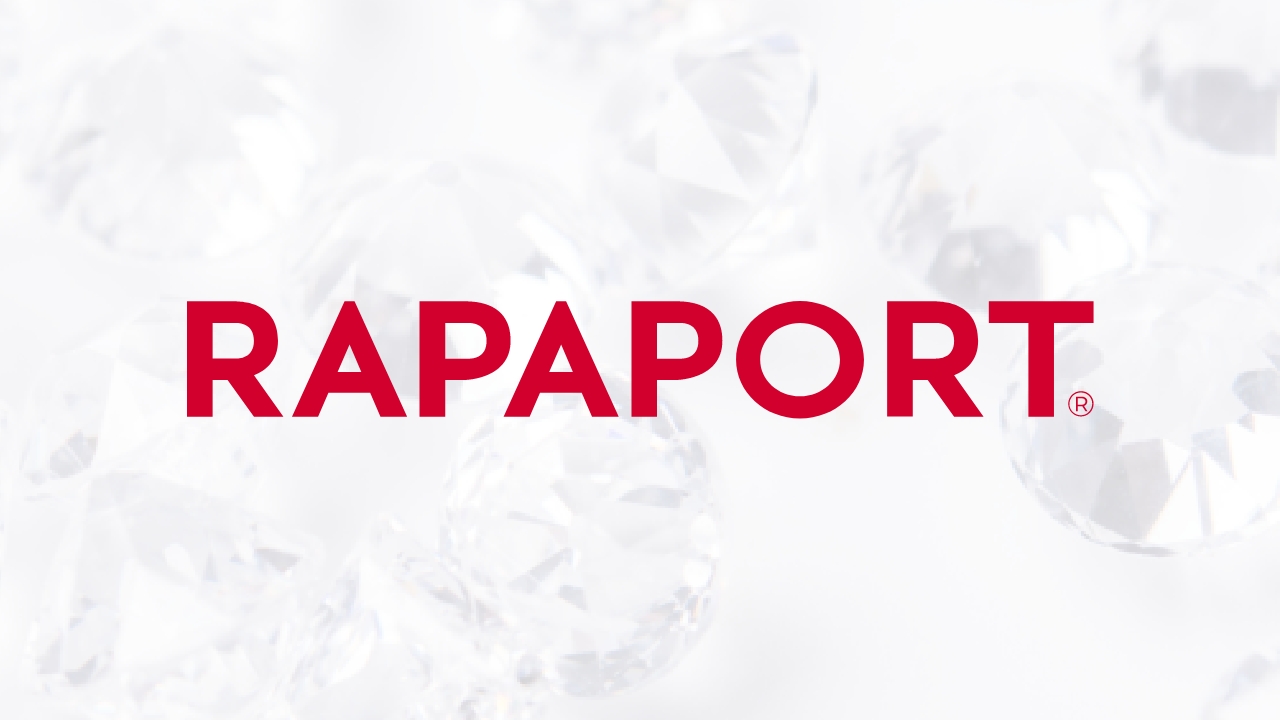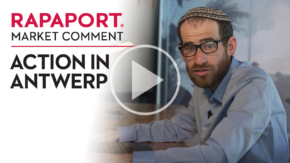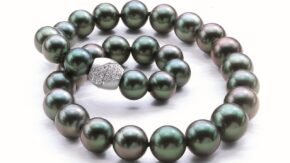We the undersigned diamond industry organizations, all represented by the World Diamond Council (WDC), are categorically committed to protecting the ethical integrity of the natural diamond and the diamond supply chain, doing all within our power to prevent them from being associated with violations of fundamental human rights. As part of this ongoing effort, we affirm the critical role being carried out by the Kimberley Process (KP).
The Kimberley Process Certification Scheme (KPCS) was first implemented 19 years ago to address a specific challenge facing the diamond industry. This was no small feat — a UN-mandated scheme created by a tripartite forum including governments, industry and civil society. It united members that today represent 85 countries, all of which enacted legislation in support of a common purpose — to prevent the flow of conflict diamonds.
The civil conflicts which the KPCS was established to address are now a thing of the past — in no small part due to the ongoing effectiveness of the KP. But this does not mean its job is done, nor is the work of the WDC, which is industry’s representative in the body. Like any business sector, we always face new challenges.
Beyond the mandate of the KP, WDC has a duty to continually review the effectiveness of the systems and tools at our disposal to uphold the integrity of the diamond value chain. While it would be impossible for any industry to claim airtight protection from bad actors, what we can and must do is commit to a policy of continuous improvement. As WDC, this includes relentlessly advocating for standards across the supply chain to ensure human rights are protected.
From the outset, we, the industry, understood that the KP provided limited solutions for protecting human rights, and that complementary tools would need to be developed. We did not wait for governments to act; we did so ourselves. Associations and companies across the industry collaborated and partnered to develop tools with additional protective layers beyond those provided by the KP. And so, with the KP Certification Scheme as a foundation, the industry adopted a considerably more comprehensive approach, which today is aligned with OECD Due Diligence Guidance.
In essence, we have adopted a strategy, requiring companies throughout the industry to address human rights risks in their own supply chains — recognizing that, ultimately, this is the individual responsibility of every business that operates in the diamond sector. Our self-administered system includes three layers of protection, starting with the WDC’s self-regulatory mechanism, the System of Warranties (SoW). The SoW has existed for many years to verify that not only rough diamonds, but also polished diamonds and diamond jewelry, are KP-compliant. It was recently upgraded to explicitly cover human rights, labor rights, anti-corruption and anti-money laundering. In other words, SoW now also requires compliance with a wider set of standards than the KP.
The second layer is the Responsible Jewellery Council’s Code of Practices, which also requires compliance with internationally-recognized human rights standards, as well as a wider set of business integrity, social and environmental supply chain standards that are monitored, audited and certified.
Then there is the third layer — the individualized due diligence systems and criteria created by industry leaders, among them WDC members ALROSA, De Beers and Signet. While each system is customized to the respective company’s supply chains and clients, they are all grounded in fundamental principles which protect human rights. Collectively, they help ensure ethical supply chains right throughout the diamond industry.
Our approach is inclusive. Every industry-created layer has been purposefully built as open source, and all are reliant on the foundation provided by the KP. This means that all companies can freely refer to them when conducting their own due diligence, and in doing so, enhance the integrity of their supply chains. Our approach is also flexible. We can adjust and evolve to address new risks, when we become aware of them. This is essential, for there is always the potential for isolated breaches.
Let’s be clear — there are no bad diamonds, but rather bad actors who exploit diamonds, looking for flaws in the system. The KP has the capacity to filter some of them out, as it does in the Central African Republic with a dedicated monitoring team. Thereafter, it is the responsibility of each company throughout industry to adopt, practice and disclose what they are doing to protect consumers from any goods associated with bad actors. Individual industry participants must also be responsible for reviewing their own systems and policies, and, when necessary, upgrading and improving them.
Nothing is more important for the diamond industry than ensuring consumer confidence. Beyond the above-mentioned assurances relating to human rights and responsible sourcing, we can achieve this by demonstrating that natural diamonds are a resource that support millions, providing individuals, communities and countries the promise of sustainable economic growth and development, and a better future.
With its ability to enact decisions that are legally enforceable at the national level, KP remains a uniquely solid foundation upon which to protect the integrity of our value chain. It’s not perfect, but just as the continued incidence of traffic accidents along a dangerous stretch of road does not not mean that the authorities should remove the traffic lights that it had installed to control the problem, neither should the KP be disbanded. That would only result in chaos. The WDC has an important role to play in pushing for continuous improvement – both within the evolving KP and independently beyond it.
Edward Asscher, WDC President
worlddiamondcouncil.org
Gaetano Cavalieri, CIBJO President
cibjo.org
Yoram Dvash, WFDB President
wfdb.com
David Kellie, NDC CEO
naturaldiamonds.com
David Bouffard, RJC Chair
responsiblejewellery.com
Ronnie VanderLinden, IDMA President



